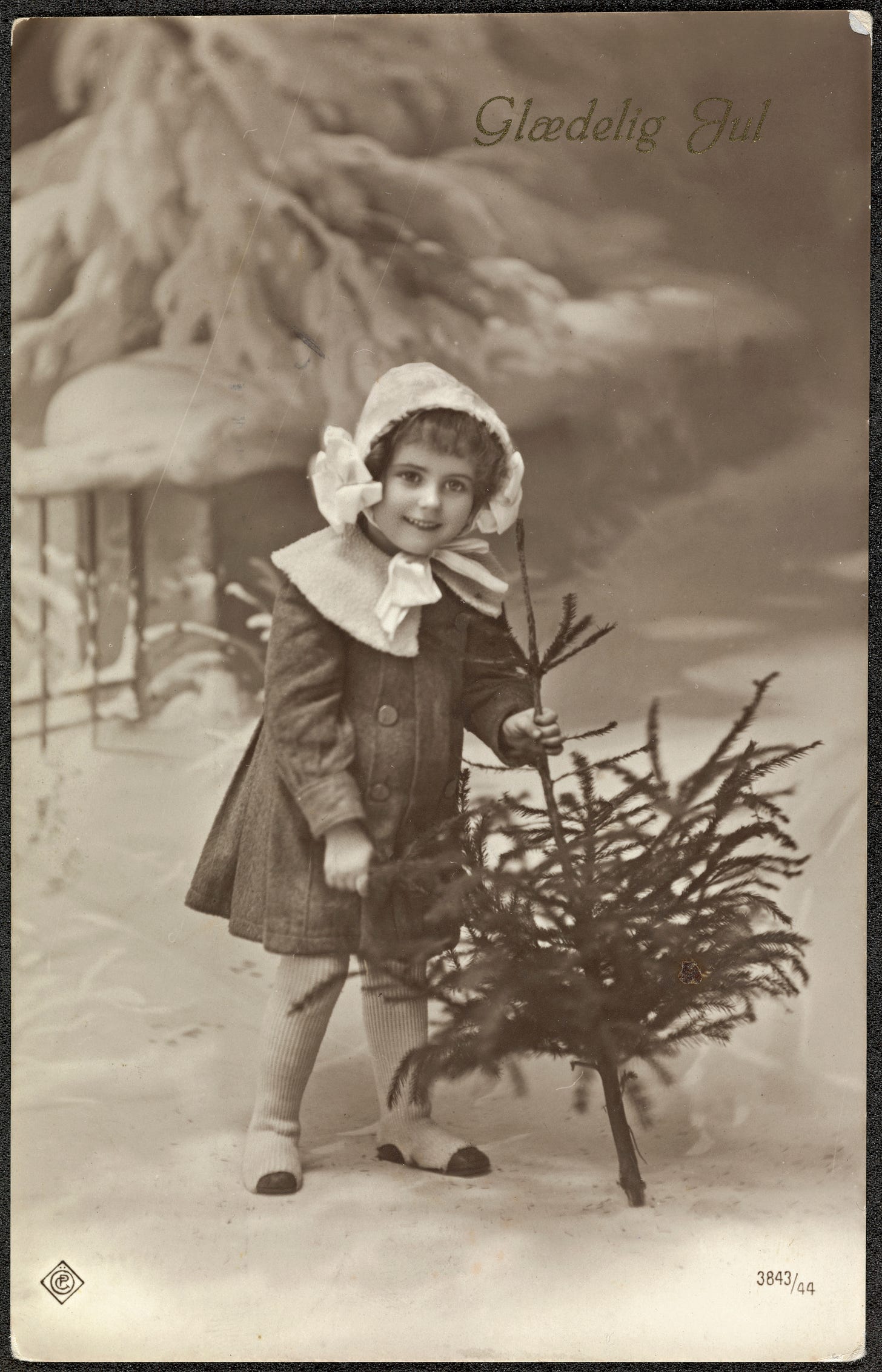Christmas
No. 4: A Compendium Entry for the Journey
“At Christmas play and make good cheer, For Christmas comes but once a year.” -Thom Tusser (1524-1580), The Farmer’s Daily Diet
“Heap on more wood! - the wind is chill; But let it whistle as it will, We’ll keep our Christmas merry still.” -Sir Walter Scott (1771-1832), “Marmion”1



